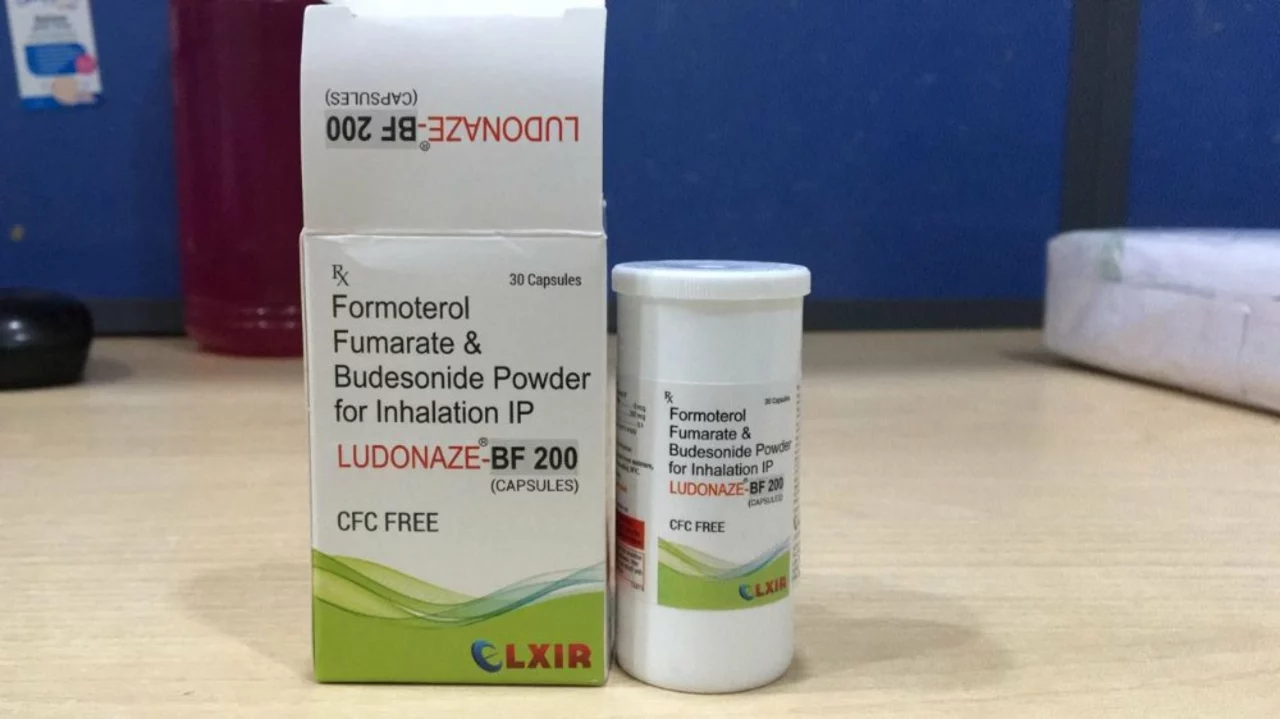Daily Routine: Small Health Habits That Make a Big Difference
Ever felt like your day runs you instead of the other way around? A simple, consistent routine fixes that. Use practical habits to boost energy, keep meds on track, and cut pharmacy stress. This page gives quick, useful steps you can try today.
Morning: quick wins
Wake at a regular time — even 15 minutes earlier makes space. Drink a glass of water before coffee to kickstart digestion and rehearse taking morning meds with the same motion (place pills beside your toothbrush). If you take supplements like potassium or vitamins, follow instructions: some need food, some work better on an empty stomach. Check our "Boost Your Energy and Health with Potassium Supplements" article for timing tips.
Move for five to twenty minutes. A short walk, stretching, or simple yoga can reduce dizziness and improve focus. If anxiety affects you, try two minutes of deep breathing before breakfast. Small movement helps blood pressure and mood, and makes long-term habits stick.
Write down when and why you take each medication. Use phone alarms or pill boxes to avoid misses. For drugs with food interactions — like antibiotics or birth control — pair doses with specific meals. For example, take cephalexin with or without food but avoid alcohol while on some antibiotics; read our "Cephalexin and Alcohol" guide if you’re unsure.
Lunch is a checkpoint. Refill your water bottle, plan a balanced plate, and scan your pill list. If prescription prices bug you, try apps and pharmacist tips to save money — we cover this in "Pharmacist Hacks for Finding Cheaper Prescriptions" and "Best Digital Health Apps for Instant Prescription Discounts." Small savings add up fast.
For digestive issues, tweak portions and note triggers. Simple swaps — less fizzy drinks, slower eating — reduce bloating. Our "Tips to Reduce Bloating and Gas" article has easy, real-life tricks you can use immediately.
Evening: wind down and prepare
Create a short bedtime ritual. Turn screens off 30–60 minutes before sleep, dim lights, and do a calming practice like light stretches or guided breathing. If you’re taking meds at night, set them out early so you don’t rush. Check for interactions—some meds change vitamin absorption or interact with other drugs, as we explain in pieces like "Desogestrel-Ethinyl Estradiol and Vitamin Absorption" and "Febuxostat Drug Interactions."
Before bed, review tomorrow’s plan: meds, appointments, and any refills needed. Order refills early to avoid last-minute pharmacy runs. If you prefer online options, see our reviews of trusted sites and tips on safe buying.
Try one change a week. Build habits slowly and track what improves: energy, digestion, sleep, or money saved. Want specific reads? Check articles tagged here on routines, meds, and practical pharmacy tips for more help.
If you have chronic conditions or take many meds, consult your doctor or pharmacist before changing doses or adding supplements. Use our Contact page to reach the team and read our Privacy Policy and Terms pages.

Why You Should Add Quince Dietary Supplements to Your Daily Routine Today!
Hey there, folks! So, I've just stumbled upon this zesty little secret, and it's called Quince! This delightful fruit is not just a pretty face, it's packing some serious health benefits too. The quince dietary supplements are a game-changer, and here's why: they're loaded with antioxidants, vitamins, and minerals that your body will thank you for. So, why not make your body feel like it's on a tropical vacation every day? Plus, it's a fun word to say...Quince! Try it, you'll thank me later.
Read More
How to incorporate budesonide formoterol into your daily routine
Incorporating budesonide formoterol into my daily routine has been a game changer for managing my asthma symptoms. First, I make sure to take it at the same time every day to maintain consistency in my treatment. I also keep it easily accessible, so I don't forget or lose track of it. Additionally, I ensure my inhaler technique is correct for optimal delivery of the medication. Lastly, I track any side effects or changes in my symptoms to discuss with my doctor during check-ups.
Read More